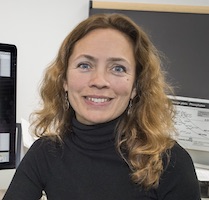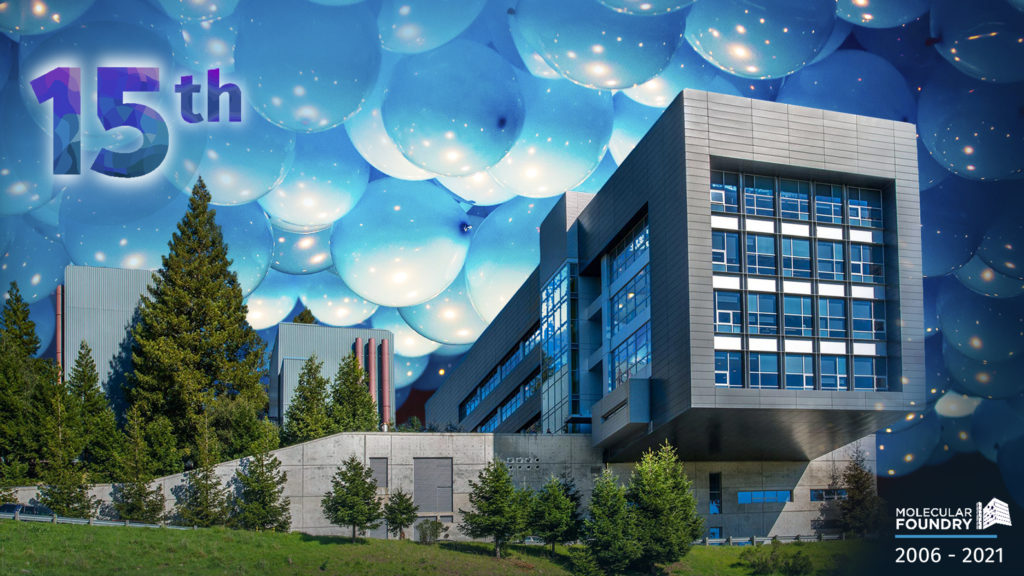Dear Molecular Foundry Community,

Fifteen years ago, the Molecular Foundry was a daring new experiment. A small group of postdocs and PIs were funded to start a nanoscience center with an innovative twist on the user facility model that was previously used only for large instruments like particle colliders and light sources. Instead, the Foundry and its fellow Nanoscale Science Research Centers would provide users with diverse facilities for synthesis, theory and simulation, advanced characterization, and nanofabrication, offering unique instruments partnered with exceptional scientific expertise. With the Foundry, the knowledge-based user facility model was born.
Eight years after the Molecular Foundry opened its doors, staff and users published the 1000th paper resulting from Foundry support. Only seven years later, following the merger with NCEM and the creation of our own division, collaborations at the Foundry have led to more than 4400 peer-reviewed scientific articles. The stunning growth of the Molecular Foundry is a testament to our multitalented staff and our dynamic, ever-expanding community of users, who bring the brightest and most challenging ideas to fruition using our proud model of team science. In a given year, each staff member serves about 20 unique users who seek out the Foundry’s unique capabilities from around the world. In addition to amplifying the impact of user research, our staff are leaders in their fields through their own research, a testament to their tremendous intellectual flexibility and impact.
I am grateful that we have been able to operate safely during the pandemic, with no onsite transmission of SARS-CoV-2 at Berkeley Lab. The Molecular Foundry has proved its resilience and adaptability in this changed era of hybrid operations, with 70 researchers onsite each day and many users benefiting from new ways to access the Foundry’s capabilities remotely.
It is a profound pleasure to serve as Director of this remarkable facility, and I look forward to the Molecular Foundry’s continued impact in the years ahead.
All the best,
Kristin



